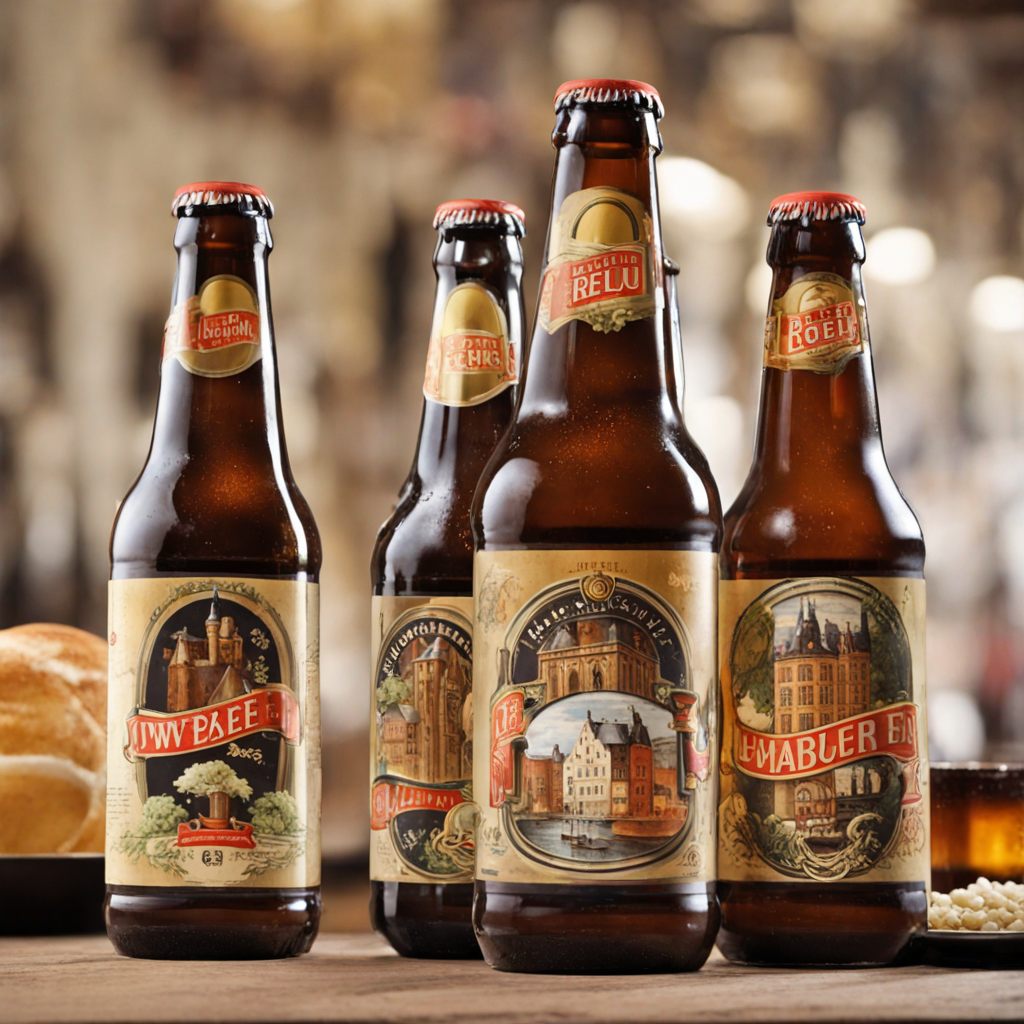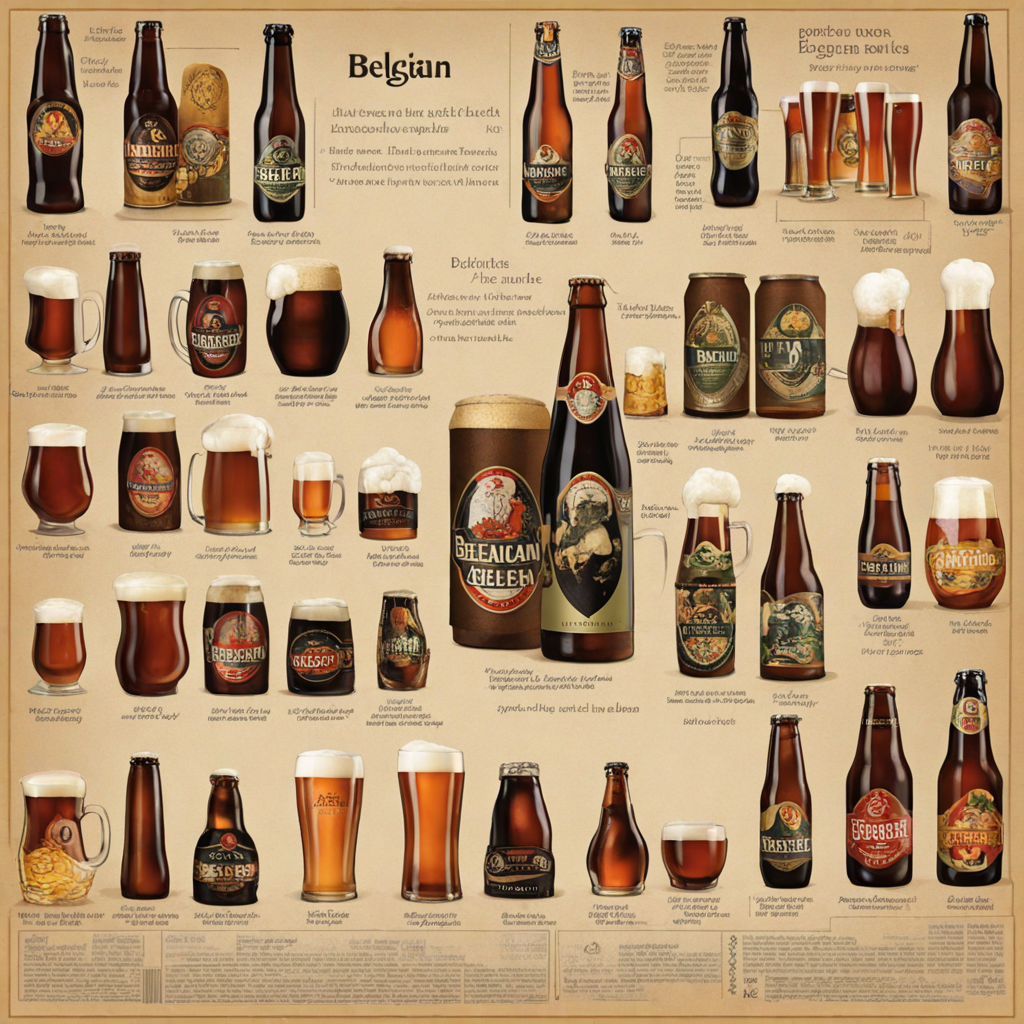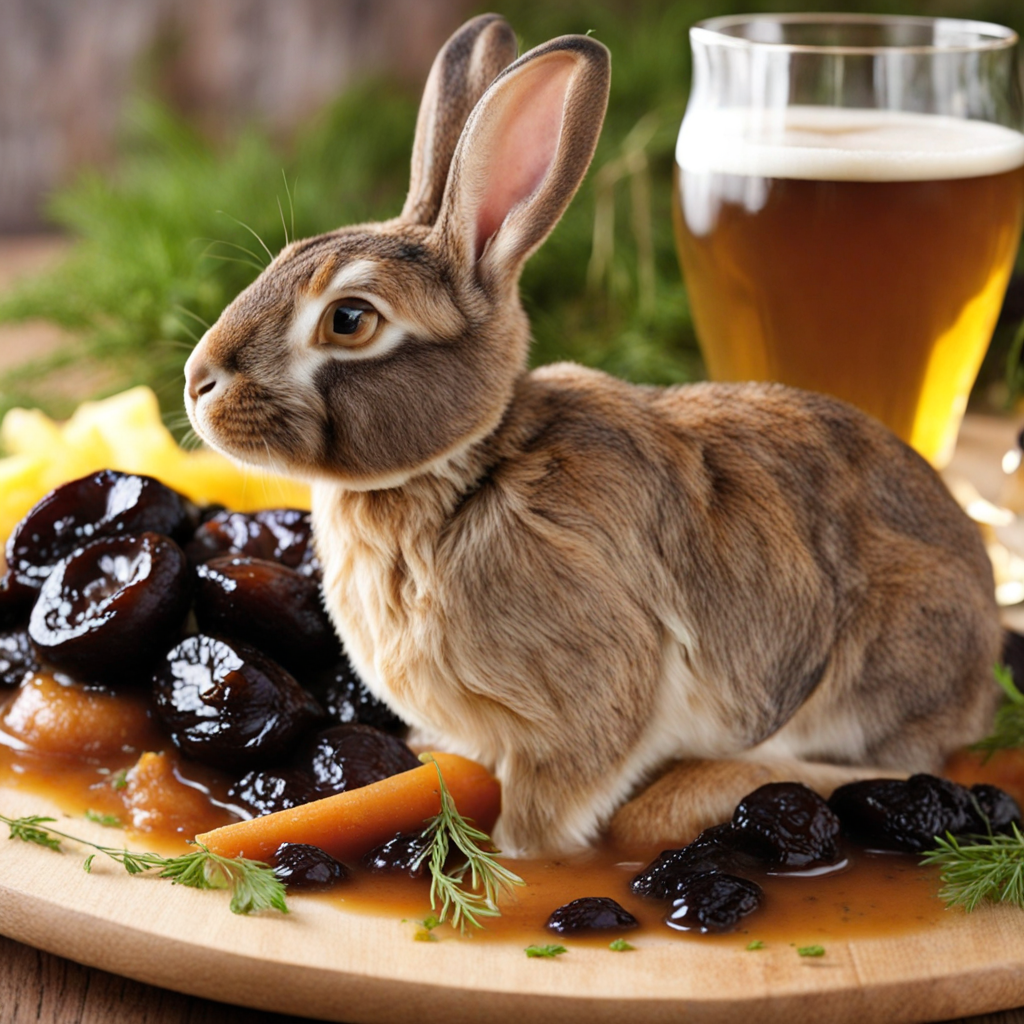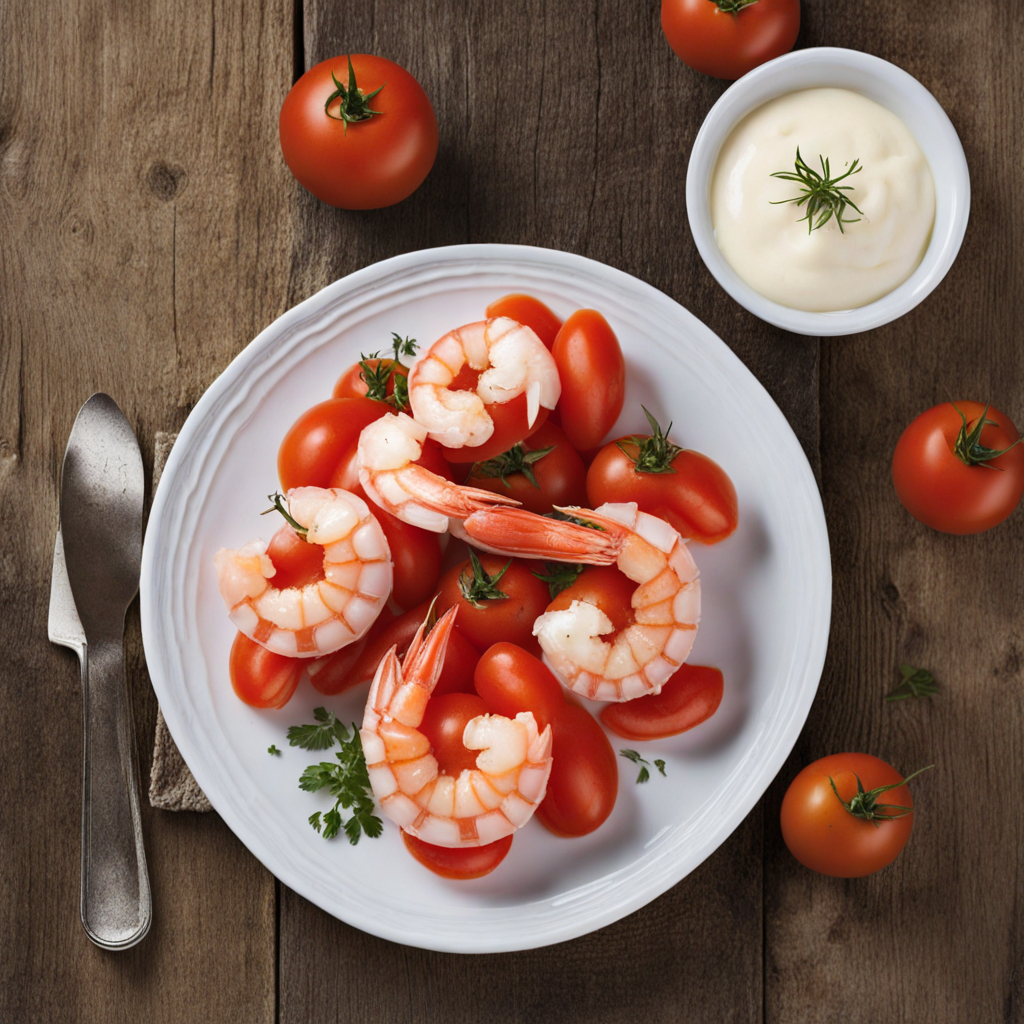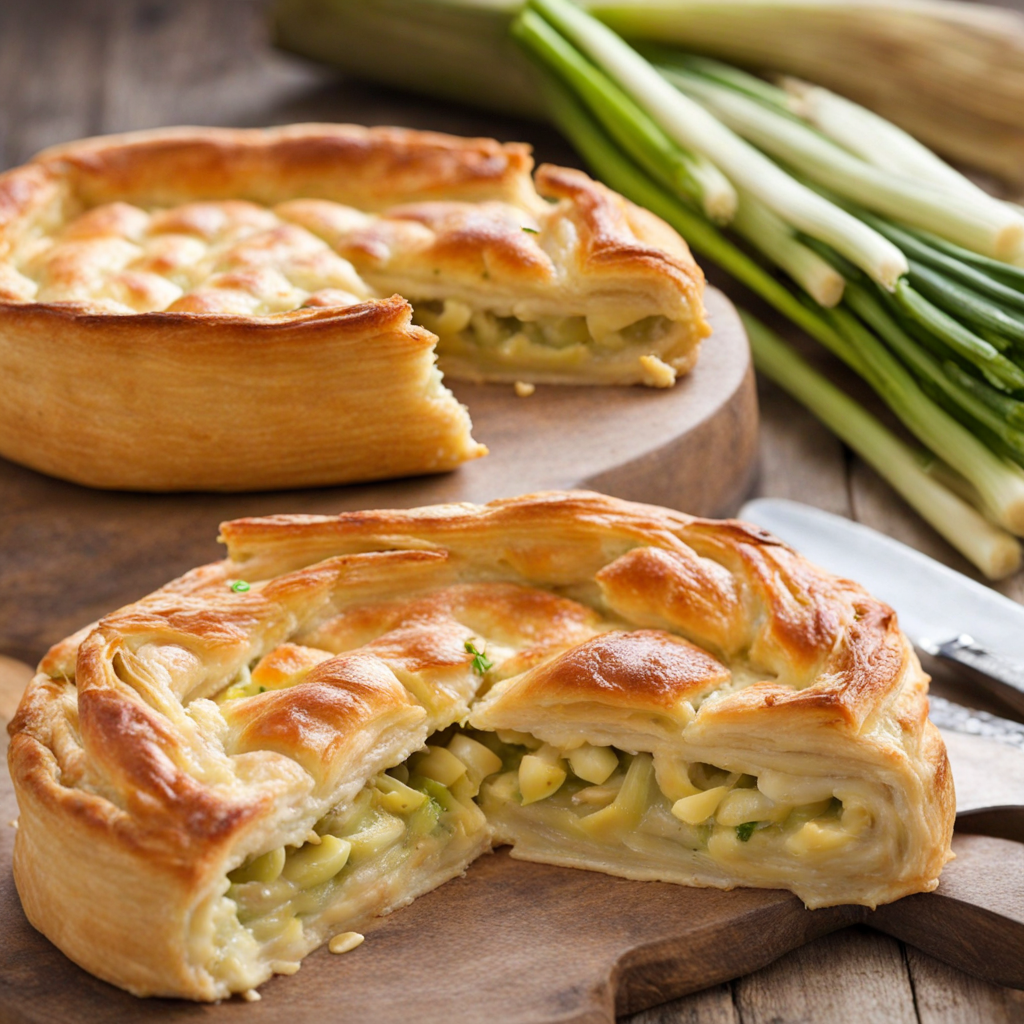Belgian Beer
Belgian Beer is a remarkable culinary experience that showcases the rich brewing heritage of Belgium, renowned for its diverse and innovative beer styles. The country boasts a wide array of flavors, ranging from fruity and floral to rich and malty, with each brew often reflecting the region's unique terroir. The yeast used in Belgian brewing plays a crucial role, imparting distinctive characteristics that can include spicy, peppery notes or hints of banana and clove. With over 1,000 breweries, many of which adhere to age-old traditions, Belgian Beers offer an enticing exploration of taste that is both complex and satisfying. The variety of Belgian Beer is staggering, encompassing styles like Trappist ales, Abbey beers, Lambics, and Sours. Trappist ales are crafted by monks and often embody a deep, rich flavor profile with hints of dark fruit and caramel, making them perfect for sipping. On the other hand, Lambics are spontaneously fermented, resulting in a unique tartness that can be further enhanced with fruits like cherries or raspberries. Each style tells a story, reflecting the local ingredients and brewing methods passed down through generations. This diversity allows beer enthusiasts to embark on a tasting journey, discovering how different brewing techniques and regional ingredients shape the flavors. Pairing Belgian Beer with food enhances the overall experience, as the intricate flavors of the beer complement a wide range of dishes. For instance, a fruity Dubbel can beautifully accompany rich, savory dishes like coq au vin or hearty stews, while a zesty Witbier pairs perfectly with fresh seafood or salads. Cheese lovers will find that the complex profiles of Belgian Beers harmonize exquisitely with a selection of artisanal cheeses, elevating both the beer and the food. With its emphasis on quality and craftsmanship, indulging in Belgian Beer is not just a tasting experience; it's an exploration of culture, tradition, and the artistry of brewing.
How It Became This Dish
The History of Bière Belge: A Journey Through Belgium's Brewing Heritage Belgium, a small but culturally rich country in Western Europe, is globally celebrated for its exceptional beer, commonly referred to as "Bière belge." The history of Belgian beer is not just about the drink itself; it intertwines with the country's social fabric, religious practices, and regional traditions. This narrative offers an exploration of the origins, cultural significance, and evolution of Belgian beer through the ages. #### Origins: A Brewed Legacy The roots of Belgian brewing can be traced back to the Middle Ages, around the 12th century. Monastic brewing was a significant component of this early tradition, as monasteries became centers of not only spirituality but also agricultural and economic activity. Monks brewed beer for various reasons: to sustain their communities, to provide for pilgrims, and to fund their monastic endeavors. The Trappists, Cistercians, and other religious orders often produced high-quality beers, which were typically darker, maltier, and higher in alcohol content than the simpler ales of the time. The use of local ingredients played a crucial role in the development of Belgian beer. Barley and wheat were common grains, while hops began to be cultivated and integrated into recipes around the 14th century. Initially, beer was brewed without hops, relying instead on a mix of herbs known as gruit. The introduction of hops, which acted as a natural preservative and provided a distinct bitterness, transformed brewing practices. This transition marked the beginning of a new era in Belgian beer production. #### Cultural Significance: A Reflection of Society Beer in Belgium has always been more than just a beverage; it is a cultural artifact that reflects the nation's identity and social dynamics. By the 17th and 18th centuries, as Belgium became a part of the Spanish and later Austrian Netherlands, brewing practices diversified. Each region developed its unique styles, influenced by local ingredients, brewing techniques, and cultural preferences. For instance, the Flemish region became known for its sour ales, while the Walloon region favored lighter beers. The cultural significance of beer in Belgium is also evident in its role in social gatherings, festivals, and rituals. Beer is an integral part of Belgian life, from the bustling taverns of Brussels to the countryside brewhouses. The country hosts numerous beer festivals, celebrating styles ranging from Trappist ales to lambics. These events not only promote local breweries but also foster a sense of community and pride among Belgians. #### The Development Over Time: Craftsmanship and Innovation The 19th century marked a significant turning point for Belgian brewing. The Industrial Revolution introduced new technologies, including steam power and refrigeration, which allowed for larger-scale production and improved quality control. Consequently, breweries expanded, and the variety of beer styles continued to grow. The rise of lager beer, influenced by German brewing techniques, began to challenge traditional Belgian ales, leading to a competitive but creative brewing landscape. Despite the challenges posed by industrialization, many Belgian brewers adhered to traditional methods, emphasizing craftsmanship over mass production. The unique brewing techniques, such as spontaneous fermentation seen in lambics, and the use of wild yeast strains, particularly Brettanomyces, set Belgian beers apart from others worldwide. This commitment to artisanal practices garnered attention and respect on the global stage. The latter half of the 20th century saw a resurgence of interest in traditional brewing methods, coinciding with the craft beer movement across the world. In Belgium, this led to the establishment of numerous microbreweries and the revival of long-forgotten recipes. Brewers began to experiment with flavors, ingredients, and brewing processes, resulting in an explosion of creative and innovative beers. #### The Modern Era: A Global Influence Today, Belgian beer is recognized as one of the finest in the world, with a UNESCO designation for its "Belgian beer culture" as an Intangible Cultural Heritage. The diversity of styles is astonishing, ranging from the complex and fruity Trappist ales brewed by monks to the earthy and sour lambics produced through spontaneous fermentation. Among the most renowned styles are: - Trappist Ales: Brewed within the walls of Trappist monasteries, these beers are known for their robust flavors and high alcohol content. Notable examples include Westmalle Dubbel and Chimay Blue. - Lambics: Unique to Belgium, lambics are spontaneously fermented beers that undergo a long aging process. They often include fruit additions, such as cherries (Kriek) or raspberries (Framboise), creating complex and tart profiles. - Saison: Originating from the Walloon region, Saison beers are farmhouse ales traditionally brewed in the winter months and enjoyed in the summer. They are often fruity and spicy, with a refreshing finish. - Dubbel and Tripel: These rich, malty ales come from the monastic brewing tradition and are characterized by their deep colors and complex flavors. The term "tripel" refers to a stronger version of the ale, often with a higher alcohol content. #### Global Recognition and Influence Belgian beer has transcended its borders, influencing brewing practices globally. Craft breweries around the world draw inspiration from Belgian styles, experimenting with flavors and techniques that reflect the rich brewing heritage of Belgium. Beer enthusiasts and connoisseurs travel to Belgium to experience its diverse offerings firsthand, contributing to the country's reputation as a beer tourism destination. Moreover, Belgian beer culture emphasizes the importance of food pairing. Many establishments offer beer pairings with traditional Belgian dishes, such as moules-frites (mussels and fries) or stoofvlees (beef stew), elevating the dining experience and showcasing the versatility of beer. #### Conclusion: A Brewed Heritage The history of Bière belge is a testament to Belgium's rich cultural heritage, craftsmanship, and innovative spirit. From its monastic origins to its current status as a global icon, Belgian beer continues to evolve while remaining deeply rooted in tradition. As a symbol of national pride and community, it encapsulates the essence of Belgian life, celebrating the artistry and passion of those who brew it. Whether enjoyed in a cozy tavern or at a bustling festival, Bière belge is not just a drink; it is a story of resilience, creativity, and a shared love for this remarkable beverage that has stood the test of time.
You may like
Discover local flavors from Belgium


